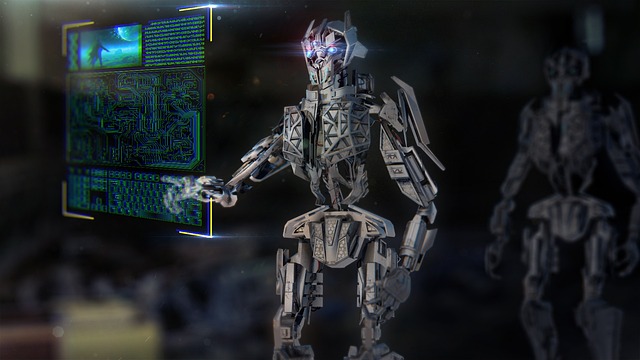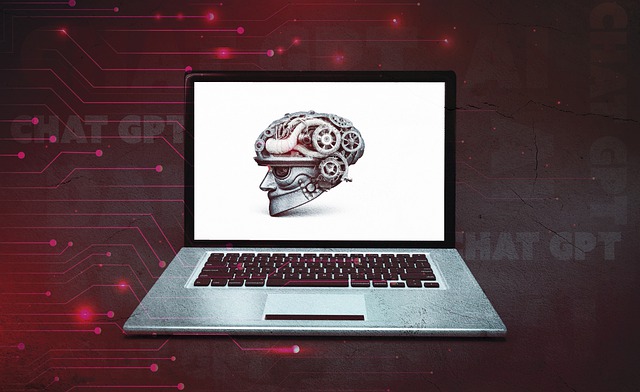The field of artificial intelligence (AI) has been rapidly advancing in recent years, with groundbreaking innovations and advancements that are changing the way we live and work. From self-driving cars to virtual assistants, AI technology is becoming increasingly integrated into our daily lives. In this article, we will explore the latest advancements in AI technology and how they are reshaping our world.
Section 1: Machine Learning and Deep Learning
One of the most significant advancements in AI technology is in the area of machine learning and deep learning. Machine learning is a subset of AI that allows computers to learn and improve from experience without being explicitly programmed. This technology has been around for decades, but recent developments in deep learning have taken it to new heights.
Deep learning is a type of machine learning that uses artificial neural networks to analyze and learn from vast amounts of data. These networks are modeled after the human brain, with layers of interconnected nodes that process information and make decisions. This technology has enabled computers to perform tasks that were once thought to be impossible, such as recognizing images and speech, and even beating human players in complex games like Go.
One of the most significant breakthroughs in deep learning was the development of convolutional neural networks (CNNs). These networks are particularly well-suited for image recognition tasks and have been used in various applications, from self-driving cars to medical imaging. With CNNs, computers can now accurately identify objects and classify them with a high degree of accuracy, even in complex and cluttered environments.
Section 2: Natural Language Processing
Another area where AI technology has made significant strides is in natural language processing (NLP). NLP is the ability of computers to understand and interpret human language. This technology has been around for decades, but recent advancements in deep learning have enabled computers to understand and generate human language with unprecedented accuracy.
One of the most notable examples of NLP in action is virtual assistants like Amazon’s Alexa and Apple’s Siri. These AI-powered assistants can understand and respond to voice commands, making our interactions with technology more natural and intuitive. NLP has also been instrumental in improving translation services, with AI-powered translation tools now able to accurately translate between multiple languages in real-time.
Another exciting application of NLP is in sentiment analysis, where AI algorithms can analyze and interpret human emotions from text. This technology has been used in social media monitoring, allowing companies to understand how their customers feel about their products and services. It has also been used in customer service, with AI-powered chatbots able to understand and respond to customer inquiries and complaints.
Section 3: Robotics and Automation
Advancements in AI technology have also had a significant impact on the field of robotics and automation. With the help of AI, robots can now perform complex tasks with greater precision and efficiency than ever before. This technology has been particularly useful in industries such as manufacturing and logistics, where robots can handle repetitive and dangerous tasks, freeing up humans to focus on more critical and creative work.
One of the most exciting developments in this area is the use of AI in self-driving vehicles. Companies like Tesla, Google, and Uber have been investing heavily in this technology, with the goal of creating fully autonomous vehicles that can navigate roads and traffic without human intervention. While there are still some challenges to overcome, such as regulatory hurdles and safety concerns, the potential for self-driving cars to revolutionize transportation is immense.
AI technology has also been instrumental in the automation of various processes, from data entry to customer service. With the help of AI-powered chatbots, companies can now handle a high volume of customer inquiries and support tickets without the need for human intervention. This has not only improved efficiency but also reduced costs and improved customer satisfaction.
Conclusion
In conclusion, the advancements in AI technology have been nothing short of remarkable. With machine learning, deep learning, natural language processing, and robotics, AI is now capable of performing tasks that were once thought to be impossible. As this technology continues to evolve, it has the potential to transform various industries and improve our lives in ways we never thought possible. However, it is essential to ensure that AI is developed and used responsibly, with proper ethical considerations, to ensure its benefits are accessible to all and not just a select few. The future of AI is undoubtedly exciting, and we can’t wait to see what innovations lie ahead.










